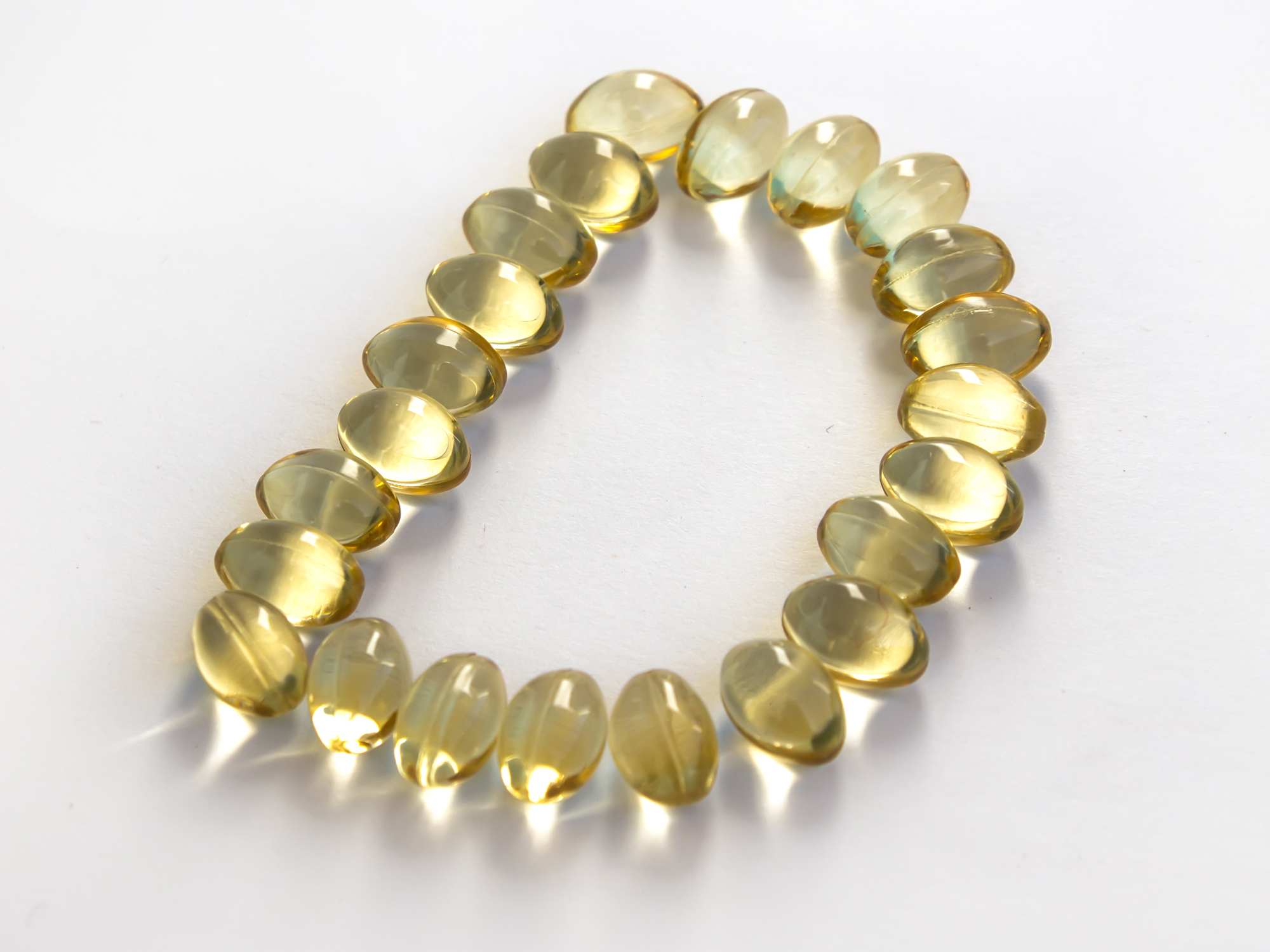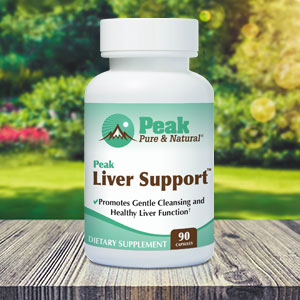Get Easy Health Digest™ in your inbox and don’t miss a thing when you subscribe today. Plus, get the free bonus report, Mother Nature’s Tips, Tricks and Remedies for Cholesterol, Blood Pressure & Blood Sugar as my way of saying welcome to the community!
5 sneaky factors robbing you of vitamin D right now

Getting enough vitamin D is probably the most important thing you can do for your health. After all, it’s considered the world’s most powerful anti-viral super-vitamin.
And your body needs it fundamentally to maintain your teeth and bones, keep your immune system up and running and regulate your insulin levels — among other things.
Vitamin D also prevents some of the most devastating diseases like Parkinson’s disease, multiple sclerosis, heart disease, diabetes, and stroke.
Now, you’d assume if you eat vitamin D-rich foods, spend enough time in the sun and take a vitamin D supplement, your vitamin D levels would be pretty solid. But unfortunately, that’s not necessarily true.
Even if you’re doing everything right when it comes to vitamin D, there are still several sneaky factors that can keep your vitamin D levels lower than you’d like….
1. Your weight
The more you weigh, the more vitamin D you need. That’s because being overweight makes vitamin D less bioavailable, which means your body has a harder time using it to keep you healthy and prevent disease. And interestingly enough, if you take more vitamin D, it will only help you in your weight loss efforts. A 2015 study found that people who were overweight or obese and deficient in vitamin D lost weight once they started taking a vitamin D supplement.
2. Your BPA exposure
A recent study published in the Journal of Clinical Endocrinology & Metabolism found that higher exposure to endocrine-disrupting chemicals like BPA reduces vitamin D levels in your bloodstream. Endocrine-disrupting chemicals are practically everywhere and can be hard to avoid. But you can reduce your exposure by drinking out of glass rather than plastic, checking the labels on all of your personal care products, avoiding lawn and weed chemicals, avoiding canned food and buying a high-quality vacuum cleaner that sucks up household dust, which is one of the biggest sources of endocrine-disrupting chemicals in your home. Oh, and avoid handling cash register receipts!
3. Your age
Research suggests that as you get older, your body’s ability to soak up vitamin D gets less efficient. For example, a person over the age of 70 produces 30 percent less vitamin D than a younger person with the same amount of sun exposure. That’s because older people have lower levels of the substance in their skin that turns the precursor to vitamin D into actual vitamin D your body can use. So if you’re 65 or older, you’ll want to get more vitamin D than you did when you were younger, because you need even more than ever: insufficient D leads to dementia.
4. Your liver and kidney health
An ailing liver or kidneys can prevent your body from absorbing vitamin D properly. People with liver disease, for example, aren’t producing enough bile, which helps the body process vitamin D. People with kidney disease also struggle with low levels of vitamin D. In fact, the worst their disease gets, the lower their vitamin D levels get.
5. Your gut health
If you’re getting your vitamin D from food or a supplement, poor gut health can prevent you from absorbing it efficiently. Stomach juices, pancreatic secretions, bile from the liver and intestinal health all influence what your body does with the vitamins you put into it. When these things are out of whack, you can ingest as many vitamins as you want, but your body won’t be able to use most of them.
A prime example of this phenomenon is people with gut and digestive disorders like celiac disease, chronic pancreatitis, irritable bowel syndrome, and Crohn’s disease, who have incredibly poor vitamin D absorption. To improve your gut health and your vitamin D absorption, you should get your daily dose of probiotics (which can also protect you from the effects of BPA exposure) through food and a supplement.
How much is enough
If you’re at risk for low vitamin D levels due to any of these sneaky vitamin D stealers, you’ll want to get your vitamin D levels checked pronto. If you’re deficient, you can increase your daily intake, which can help make up for the vitamin D your body isn’t absorbing.
The Vitamin D Council, recommends you take 5,000 IU of vitamin D per day. That sounds like a lot, but you can take up to 10,000 IU of vitamin D daily before you experience any unwanted side effects. For your supplement, be sure you are buying natural vitamin D3 (cholecalciferol) and not synthetic vitamin D2 (ergocalciferol). Most vitamin D prescriptions are for ergocalciferol.
Good food sources of vitamin D include fish oils, cold-water fish, dairy products and butter. There is only one vegetable that has vitamin D, and that’s the mushroom at 114 IU per cup.
And remember, if possible try to spend at least 20 minutes in the sun daily.
Editor’s note: There are perfectly safe and natural ways to decrease your risk of blood clots including the 25-cent vitamin, the nutrient that acts as a natural blood thinner and the powerful herb that helps clear plaque. To discover these and other secrets of long-lived hearts, click here for Hushed Up Natural Heart Cures and Common Misconceptions of Popular Heart Treatments!
Sources:
- “9 things that can undermine your vitamin D level.” — Harvard Health Publications- Harvard Medical School. http://www.health.harvard.edu
- “New study suggests vitamin D supplementation helps weight loss in obese and overweight people.” — The Vitamin D Council. https://www.vitamindcouncil.org
- E. Johns, et al. “Relationships between Urinary Phthalate Metabolite and Bisphenol A Concentrations and Vitamin D Levels in U.S. Adults: National Health and Nutrition Examination Survey (NHANES), 2005–2010.” — The Journal of Clinical Endocrinology & Metabolism, 2016; jc.2016-2134.
- “Vitamin D Deficiency: The Silent Epidemic of the Elderly.” — The International Society for Clinical Densitometry. http://www.iscd.org
- “Why does the Vitamin D Council recommend 5,000 IU/day?” — The Vitamin D Council. https://www.vitamindcouncil.org














